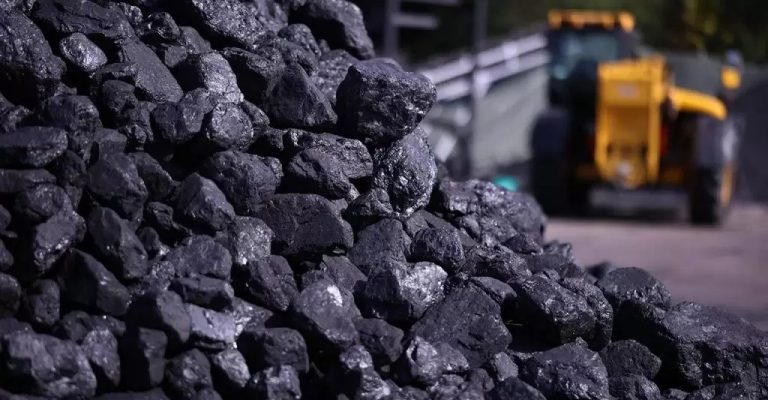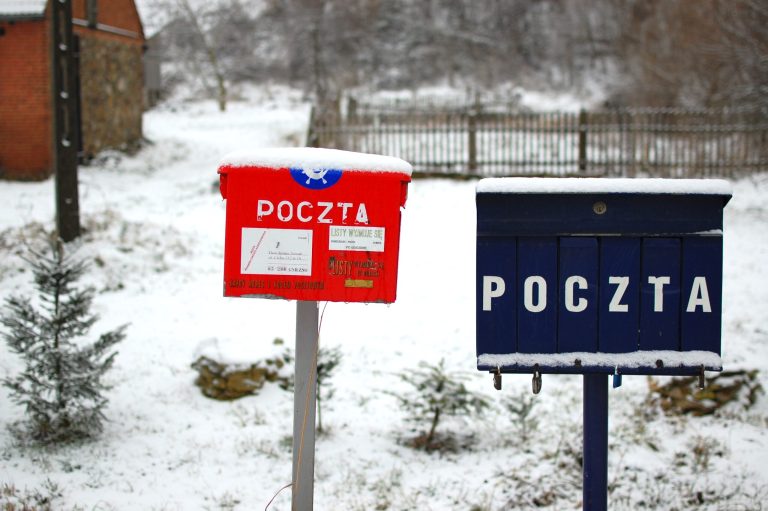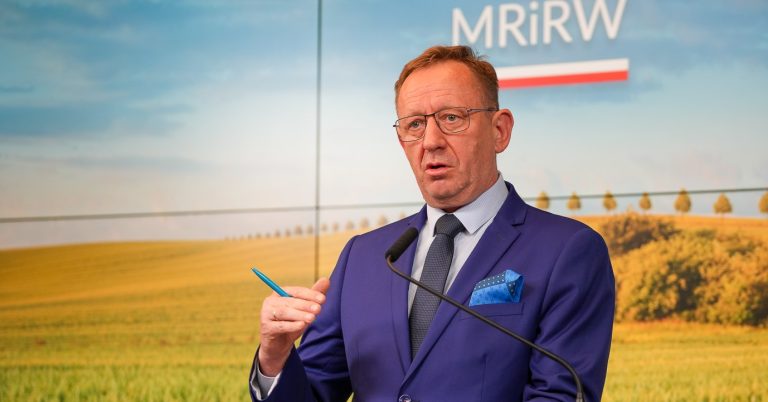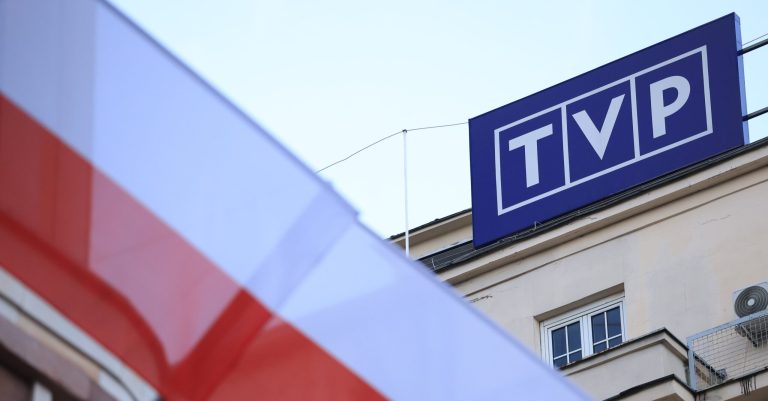Poland “not impressed” by Ukraine’s legal action over grain ban
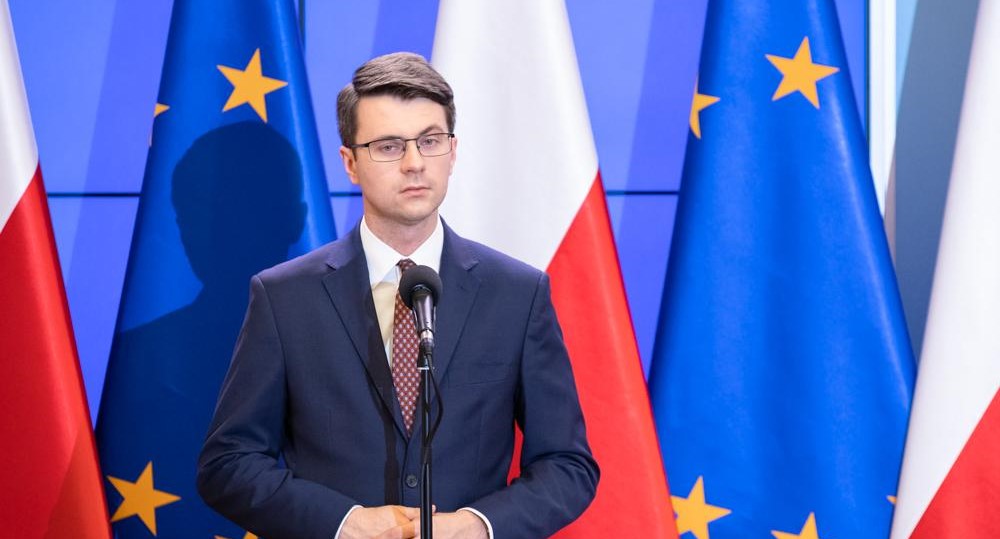
Poland’s government spokesman has said that they are “not impressed” by Kyiv’s legal action against Warsaw over its continued ban on Ukrainian grain. Meanwhile, the head of the parliamentary foreign affairs committee has accused Germany’s agriculture minister of “arrogance” on the issue.
On Friday, the European Union decided to let its ban on Ukrainian grain imports to five eastern member states – Poland, Hungary, Slovakia, Romania and Bulgaria – expire. That quintet had wanted the embargo, which had been in place since April, to be maintained.
In the lead-up to the decision, Warsaw had repeatedly warned that, if the EU did not extend the ban, it would introduce one unilaterally, as it had done earlier this year. Any such action is likely to violate EU laws, which give Brussels competence over trade policy.
Poland has reiterated that it will unilaterally block the import of Ukrainian grain if the EU does not extend a ban due to expire this week.
„Regardless of what Brussels officials decide, we will not open our borders,” says the prime minister https://t.co/b9D95r1pUX
— Notes from Poland 🇵🇱 (@notesfrompoland) September 12, 2023
True to its word, on Friday evening the Polish government issued a regulation banning the import of agricultural products from Ukraine. Hungary and Slovakia also announced their own unilateral bans.
As a result, Ukraine yesterday launched legal action against the trio at the World Trade Organisation. “It is fundamentally important for us to prove that individual member states cannot ban the import of Ukrainian goods,” said economy minister Yulia Svyrydenko.
It is also possible that the European Commission could launch infringement proceedings against Poland, Hungary and Slovakia. Its spokeswoman, Miriam Garcia Ferrer, yesterday said that they are still analysing the three countries’ bans.
Ukraine will sue Poland, Hungary and Slovakia over their refusal to drop an import ban on agricultural products, says Kyiv’s trade representative.
„It is important to prove that these actions are legally wrong. We will start legal proceedings tomorrow” https://t.co/J6ZNzCSQPf
— Notes from Poland 🇵🇱 (@notesfrompoland) September 18, 2023
Poland’s government, however, has stood by its decision. “We maintain our position,” spokesman Piotr Müller told broadcaster Polsat yesterday. “Such a complaint to the WTO does not impress us in the sense that we have no intention of withdrawing the embargo because of it.”
“We support Ukraine, but it cannot be that when our economic or agricultural interests are threatened, we will retreat in the face of such moral…or legal pressure,” he added. “We will not allow the agricultural market in Poland to be disrupted.”
Poland and other EU states bordering Ukraine have argued that increased grain imports as a result of the war – due to normal export routes via the Black Sea being cut off – have flooded their markets.
„Poland will certainly not agree to Ukraine joining the EU” if restrictions are not placed on its agricultural products, says Poland’s agriculture minister.
„In current conditions, Polish agriculture would never win against Ukrainian agriculture” https://t.co/ITVtVHdFlj
— Notes from Poland 🇵🇱 (@notesfrompoland) September 14, 2023
Warsaw has insisted that, while it wants to ban imports, it is happy to continue allowing transit through its territory. It has called on the EU to provide more funding to facilitate this.
But other EU states have been critical of Poland’s position. Germany’s agriculture minister, Cem Özdemir, told the Financial Times that Warsaw was showing only “part-time solidarity” with Ukraine. His French counterpart, Marc Fesneau, said unilateral bans “call into question the single market and the common market”.
Today, the head of Poland’s parliamentary foreign affairs committee, Radosław Fogiel of the ruling Law and Justice (PiS) party, accused Özdemir of “completely unjustified arrogance”.
“A representative of the country that withheld financial aid to Ukraine and blocked allies who wanted to transfer weapons is the last person who should comment, especially about Poland,” Fogiel told the Polish Press Agency (PAP). “It was the Polish prime minister who had to convince the German chancellor to become more involved.”
„part-time solidarity with Ukraine”?
👉support to Ukraine by GDP: Poland (3.2%), Germany (0.9%)
👉Import from Ukraine (Jan-July 2023): Poland €2.7 bn, Germany €1.2 bn
👉Import of 🇺🇦agricultural products (Jan-July ’23): Poland €1.1 bn, Germany €0.26bnhttps://t.co/YuZPx4gJrr
— Wojciech Konończuk (@W_Kononczuk) September 18, 2023
Opposition figures in Poland have, however, accused the government of failing in its efforts to protect Polish farmers. “This is PiS’s failure,” Radosław Sikorski of Civic Platform (PO) told news website Interia.
“The Polish government was not able to convince anyone in the EU or the European Commission” to extend the ban, said Ryszard Petru of the centre-right Third Way (Trzecia Droga) alliance.
This is “not surprising” given that the government has entered “a series of conflicts” with Brussels over the years and promoted “anti-German rhetoric”, he added.
Notes from Poland is run by a small editorial team and published by an independent, non-profit foundation that is funded through donations from our readers. We cannot do what we do without your support.
Main image credit: KPRM (under CC BY-NC-ND 3.0 PL)

Daniel Tilles is editor-in-chief of Notes from Poland. He has written on Polish affairs for a wide range of publications, including Foreign Policy, POLITICO Europe, EUobserver and Dziennik Gazeta Prawna.

